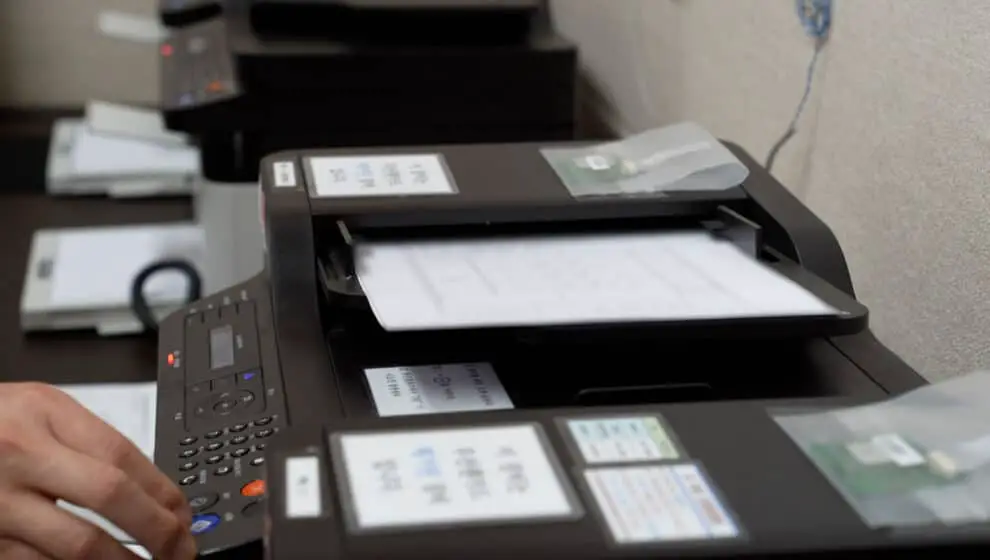The recent rise of artificial intelligence (AI) chatbots has found surprising usefulness in helping relieve administrative burdens on doctors, but the system still needs a massive overhaul.
Key Details
- Eli Gelfand is the chief of general cardiology at Beth Israel Deaconess Medical Center in Boston, Massachusetts. He has found a new way to use ChatGPT to improve his job.
- In an interview with Forbes, Gelfand says he has been using ChatGPT to write dozens of referral and appeal letters for life-saving medical procedures, reducing the process from hours to minutes.
- With “minimal editing,” Gelfand submitted 30 letters, and insurance companies have approved the majority of them.
- Gelfand’s process is among the first successful applications of ChatGPT, and other companies are looking for ways to integrate the technology to improve the current medical system.
Why It’s Important
It is common to hear that the U.S. health-care system is broken. It is expensive, inefficient, bloated with bureaucratic processes, and struggles to keep up with serious problems that the populace suffers from. While the applications for ChatGPT in health care are limited, it is possible that using AI could help reduce the $3.8 trillion the U.S. health-care system spends on administrative costs each year—giving doctors more time to spend with patients.
However, even in an optimistic scenario, mass adoption would take years or more. As Forbes notes, the U.S. health-care system does not operate under universal documentation standards. Many offices still use fax machines, as it remains easier to share data through them rather than through incompatible computer systems.
Multiple tech companies are forging ahead in the meantime, creating new tools using technologies like ChatGPT. Doximity is a social networking platform that has developed DocsGPT, a new chatbot that can write letters and papers for doctors and fax them to appropriate parties. Company founder Nate Gross told Forbes that his platform is designed to interface with current technological standards in the medical industries while taking advantage of new technologies.
Notable Quote
“My days would be perfect if they were just filled with patient care. I love that as much now as I ever did. I look at these improvements, and it makes me really hopeful that we’re on the verge of maybe a new era where the worst aspects of medicine can be minimized,” says urologist David Canes.
